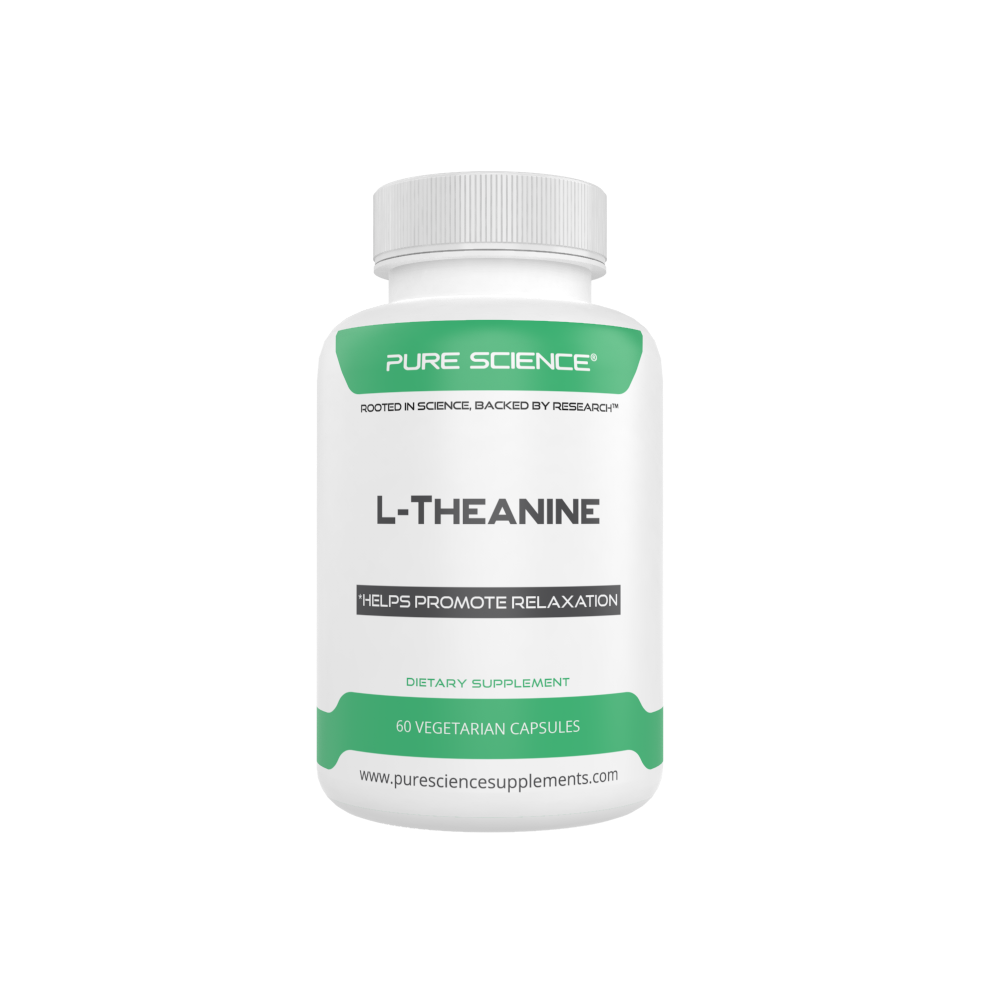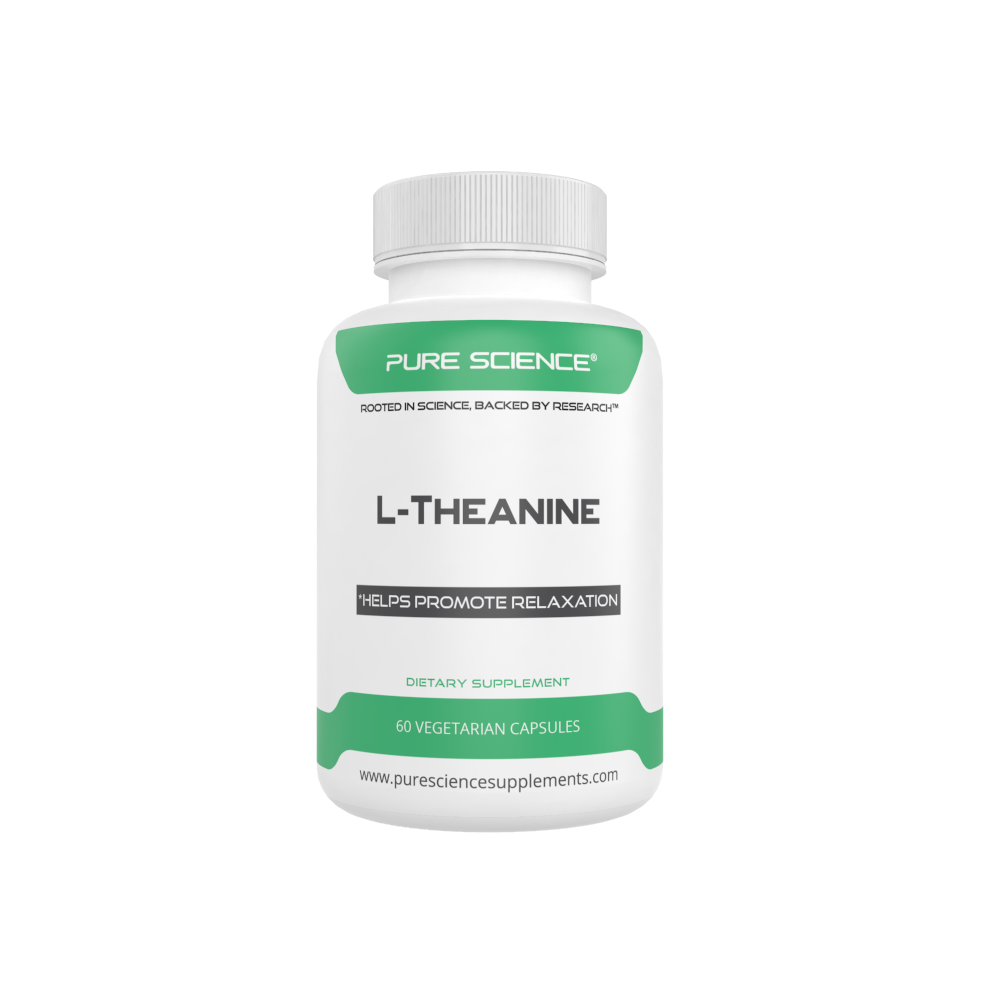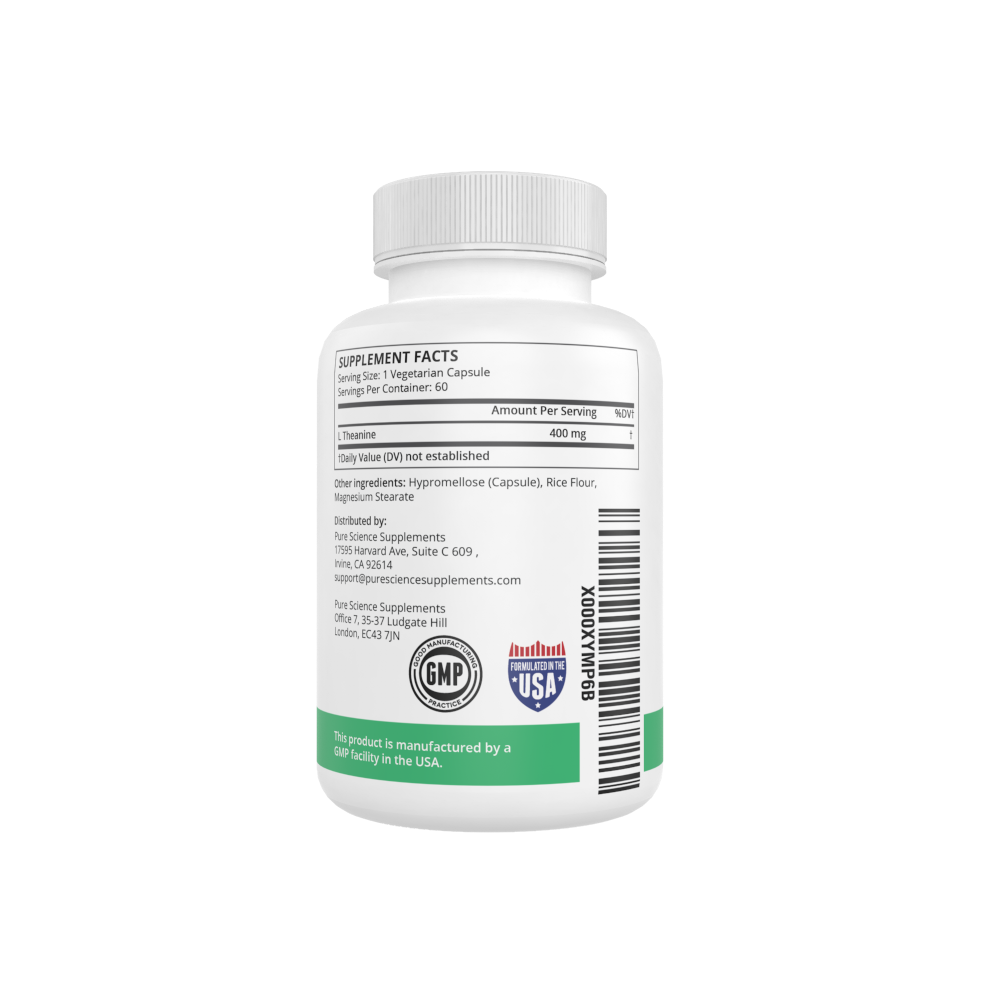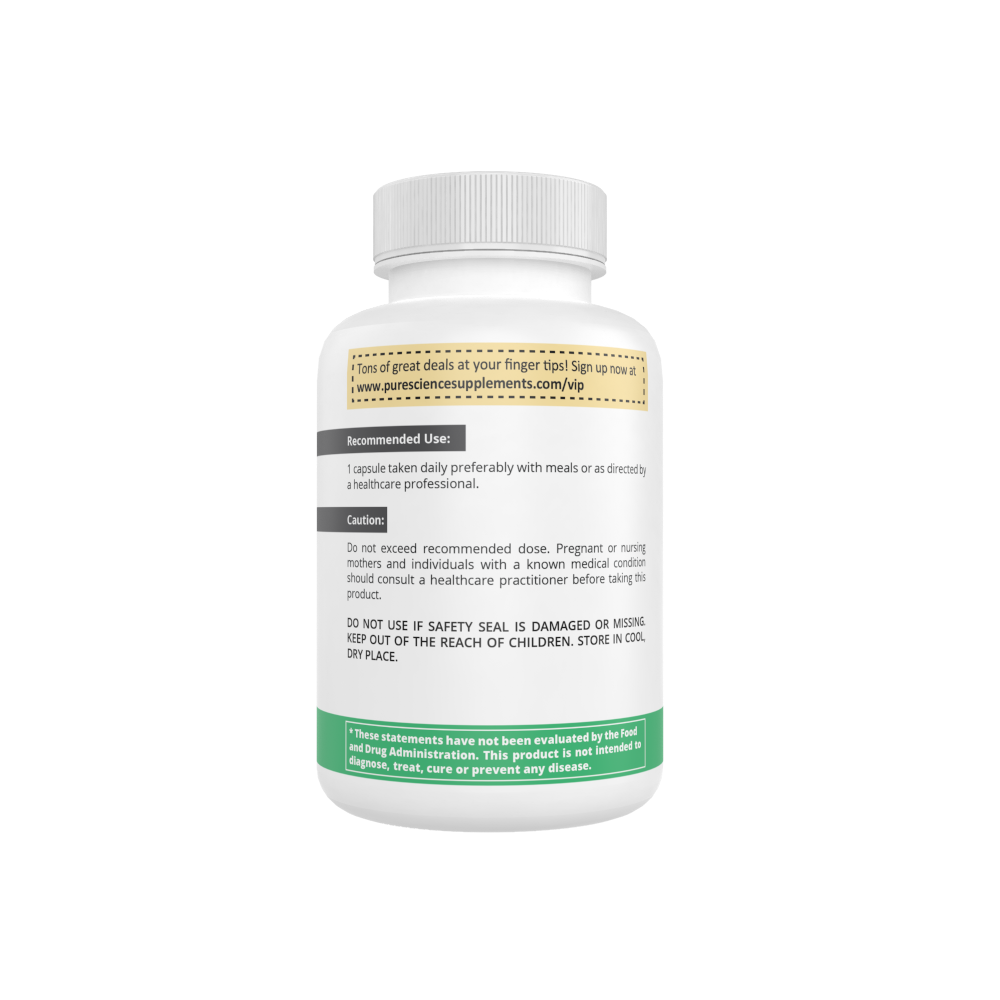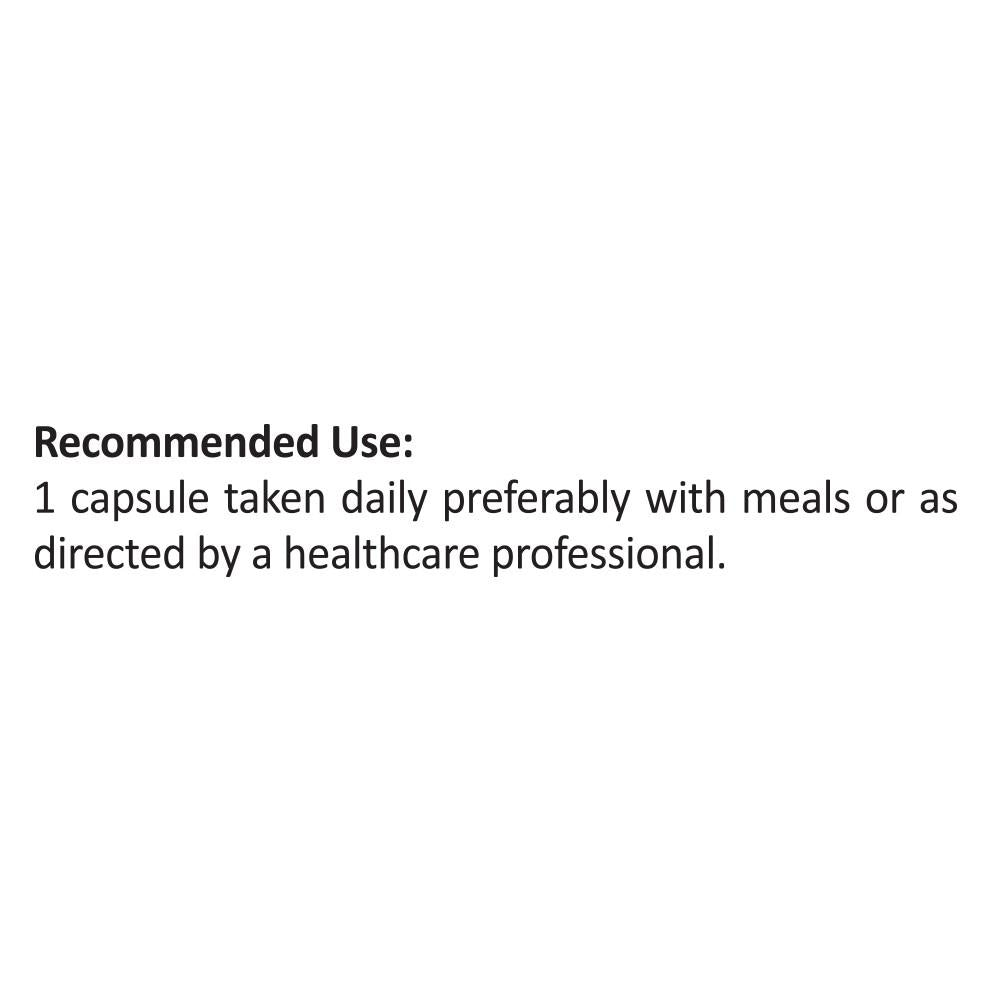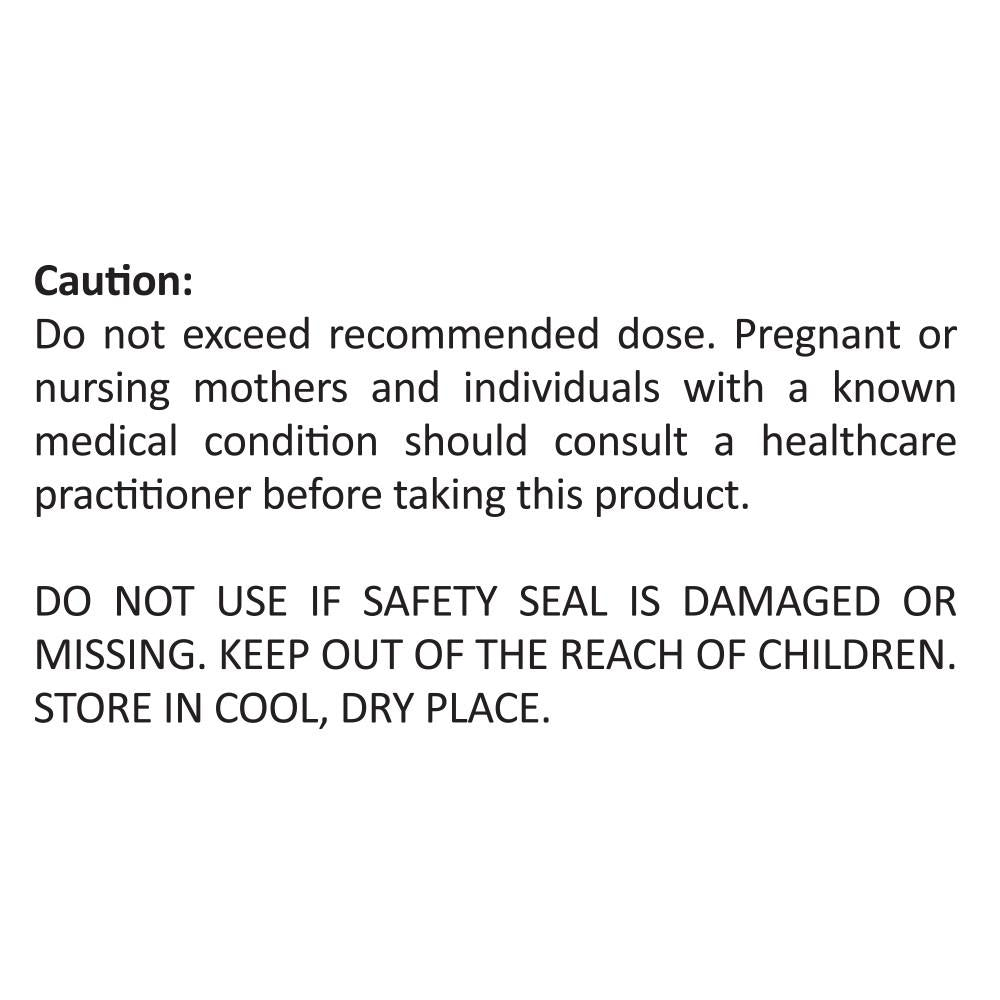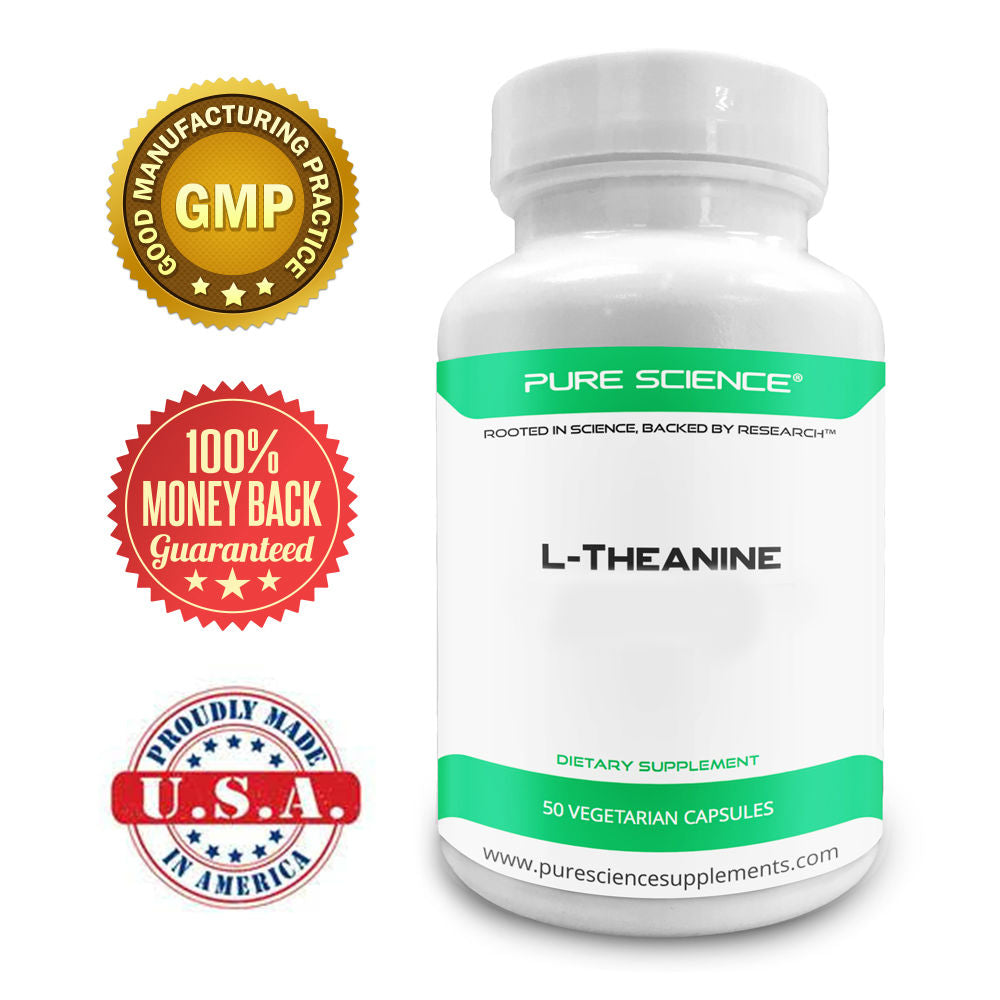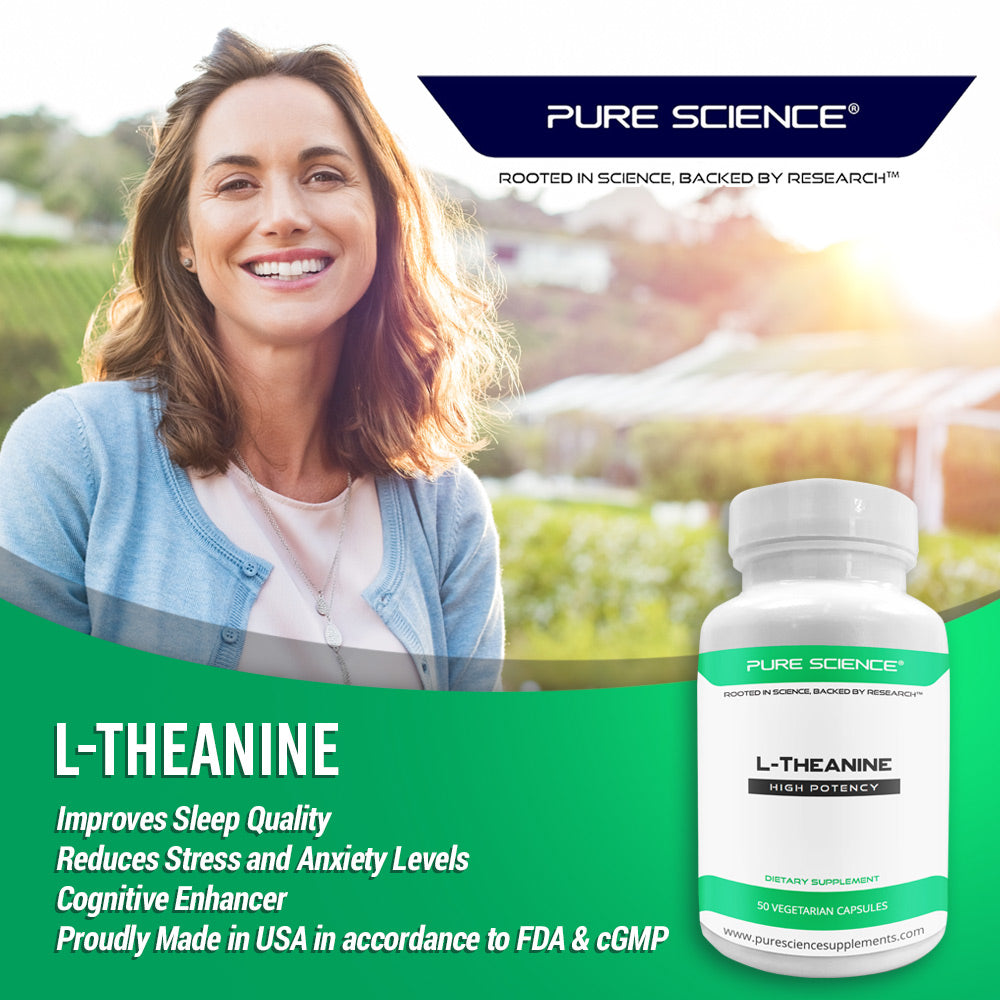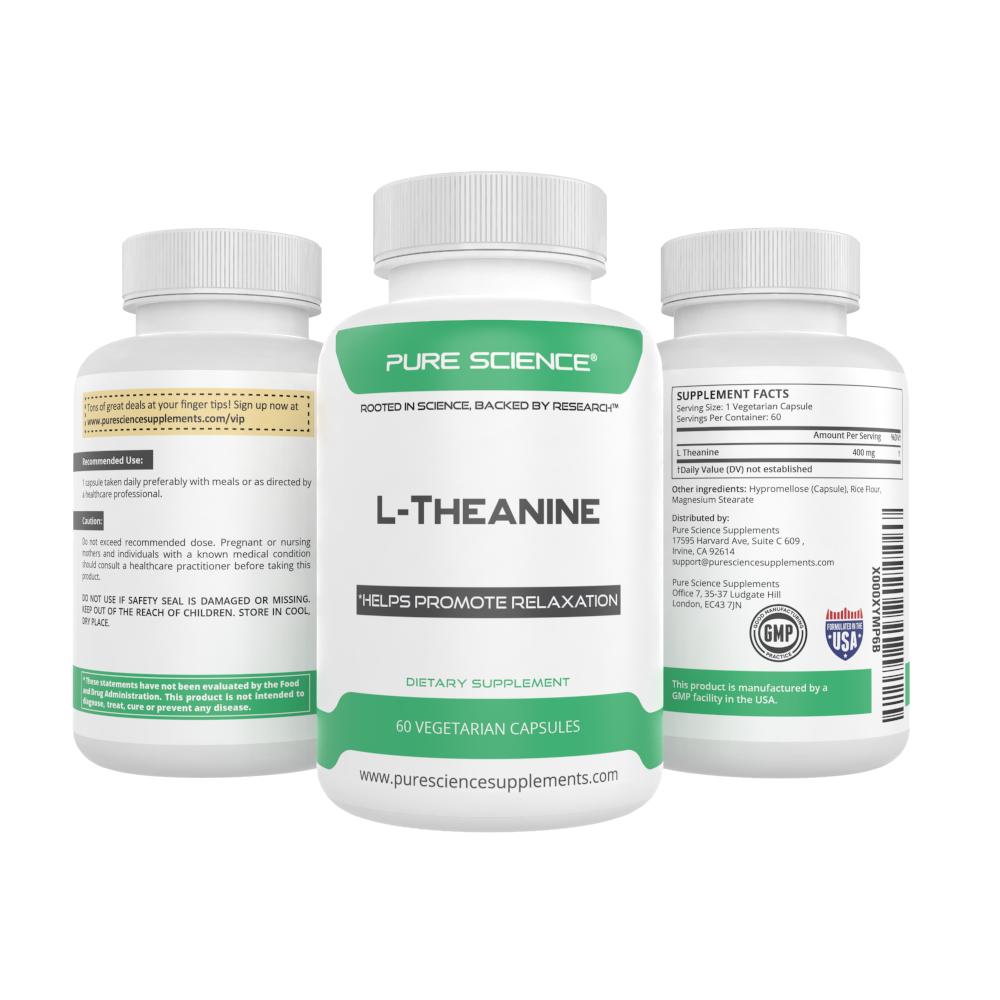High blood pressure, often known as hypertension, is a common medical issue that can have disastrous effects if left untreated. It takes place when there is an extremely high blood flow through the arteries. This increases the risk of developing illnesses including heart attack, stroke, and kidney disease by harming the arteries.
High blood pressure is often referred to as the "silent killer," therefore signs like headache, dizziness, and shortness of breath might not always be present. In extreme cases, high blood pressure can result in chest pain, nosebleeds, and visual impairment. It's critical to check your blood pressure frequently so you can seek medical attention if any symptoms appear.
High blood pressure that is not addressed might have negative effects. Heart attacks and strokes, two of the top causes of death worldwide, are both significantly increased by it. Additionally, it can harm the arteries, raising the risk of renal disease, heart disease, and other health issues.
It is essential to effectively regulate blood pressure if you want to avoid these severe problems. Blood pressure can be controlled with dietary and activity modifications, as well as prescription medication as necessary. Natural therapies like L-theanine, which has been demonstrated to have blood pressure-lowering properties, may also provide relief for certain people.
History
Tea leaves contain the amino acid L-theanine in their natural state. It has a long history of usage in traditional medicine, especially in Asia. It has grown in favor as a natural treatment for several illnesses, including high blood pressure, in recent years.
How it works
The amino acid L-theanine can be found in tea leaves naturally. It is thought to work by suppressing the release of the stress hormone cortisol, which can raise blood pressure. When under stress, the body releases cortisol, which has a number of effects including rising blood pressure, among them. By halting its secretion, L-theanine has the ability to lower blood pressure.
L-theanine may also help to relax blood vessels, improving blood flow and lowering blood pressure. Nitric oxide is thought to create more of this, which is how it is thought to accomplish this. Nitric oxide is a chemical that relaxes blood vessels and improves blood flow.
L-theanine may offer additional health advantages outside its effects on blood pressure. It has been demonstrated to lessen tension and anxiety, boost sleep quality, and improve cognitive performance. Its blood pressure-lowering effects might also be influenced by these effects.
It is significant to note that additional study is required to completely comprehend mechanisms L-theanine's of action and its effects on blood pressure. However, the information that is now available indicates that it might be a potential natural choice for people who want to lower their blood pressure.
Studies and result
Numerous research have looked into L-ability theanine's to reduce blood pressure. According to a research in the Journal of Nutrition, people with high blood pressure who took supplements containing L-theanine saw a significant decrease in their systolic blood pressure, which is the highest number on the blood pressure measurement. Despite the study's limited sample size, the findings point to L-theanine as a potential all-natural blood pressure-lowering supplement.
L-theanine was found to lower blood pressure and improve feelings related to stress in people with high blood pressure, according to a different study that was published in the journal Psychopharmacology. Stronger proof of L-ability theanine's to reduce blood pressure was provided by the study's bigger sample size and placebo-controlled design.
Numerous other research have also suggested that L-theanine may have blood pressure-lowering properties. For instance, a study in the journal Alternative Therapies in Health and Medicine found that L-theanine decreased blood pressure in people with high blood pressure and anxiety, while a study in the journal Nutritional Neuroscience found that L-theanine decreased blood pressure in people with high blood pressure.
Overall, the information available points to L-theanine as a potential all-natural remedy for decreasing blood pressure. To completely comprehend its mechanisms of action and to establish the ideal dosage for blood pressure management, more research is required. Before beginning any new supplement, it is crucial to consult a healthcare professional.
Recommended Dosage
The amount of L-theanine that should be taken to reduce blood pressure depends on the user and the product being used. It has been demonstrated that daily doses of 100–200 mg are generally beneficial in lowering blood pressure. Before beginning any new supplement, it is crucial to see a healthcare professional because L-theanine could interfere with specific drugs.
Conclusion
Tea leaves contain the natural amino acid L-theanine, which has been demonstrated to lower blood pressure. It may be a potential natural choice for people wishing to lower their blood pressure, even if additional research is required to fully understand its mechanisms of action. To assist regulate blood pressure, it's crucial to consult a healthcare professional before beginning any new supplement and to lead a healthy lifestyle that includes a balanced diet and frequent exercise.
Reference
- Journal of Nutrition, "L-Theanine, a Natural Constituent in Tea, and Its Effect on Mental State", https://academic.oup.com/jn/article/136/8/1693/4670847
- Psychopharmacology, "L-Theanine Reduces Psychological and Physiological Stress Responses", https://link.springer.com/article/10.1007/s00213-007-0820-8





